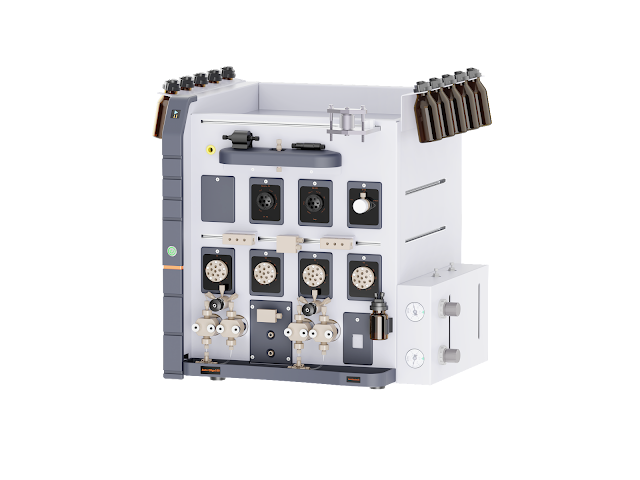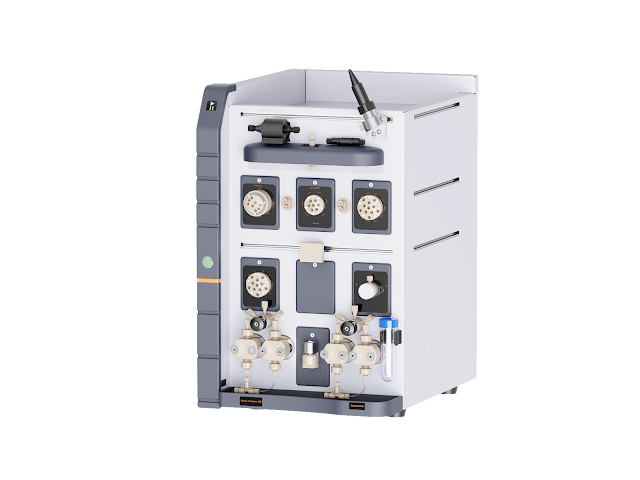Unveiling the Future of Genetic Research and Biotechnology
Genetic engineering has made monumental strides in recent years, primarily through advancements in oligonucleotide synthesis. This process involves the artificial creation of oligonucleotides, which are short DNA or RNA molecules. These are crucial for various applications in molecular biology and biotechnology. Modern methodologies have significantly enhanced the precision and efficiency of this synthesis, facilitating the production of highly accurate sequences. These sequences are essential for gene editing, PCR, and DNA sequencing tasks, playing a vital role in many biotechnological processes.
At the heart of modern biotechnology is the DNA synthesizer, a machine that automates the synthesis of oligonucleotides. DNA synthesizers have revolutionized genetic research and biotechnology by enabling the creation of specific DNA sequences with high precision. They have become indispensable in tasks such as gene synthesis, the development of DNA-based therapies, and personalized medicine. DNA synthesizers provide the tools needed for detailed genetic analysis and manipulation, advancing our understanding of genetics.

Recent advancements in oligonucleotide synthesis techniques have led to longer and more complex oligonucleotides with higher fidelity. Overcoming previous limitations in sequence length and accuracy, this progress opens up new possibilities in genetic research. Longer oligonucleotides with fewer errors allow the creation of more complex genetic constructs and the ability to mimic natural genetic processes more accurately. This advancement has significant implications for fields such as medicine, where it can aid in developing new treatments and therapies.
The growing importance of DNA synthesizers in research cannot be overstated. They have streamlined genetic research by rapidly and accurately creating DNA sequences, opening new avenues in various scientific fields. DNA synthesizers are at the forefront of personalized medicine, enabling tailored treatments based on an individual's genetic makeup. In synthetic biology, they facilitate the creation of entirely new genetic sequences, offering innovative solutions to healthcare, agriculture, and environmental conservation challenges.
In conclusion, oligonucleotide and DNA synthesizers remain at the forefront of genetic research and biotechnology. The advancements in these areas have real-world applications that can revolutionize medicine, agriculture, and environmental science. The potential of these technologies is immense, and ongoing development will undoubtedly lead to significant breakthroughs in the coming years. For more detailed insights and information on these cutting-edge technologies, one can explore resources and developments at inscinstech.com.cn, a domain dedicated to advancing the understanding of these crucial scientific tools.
.jpg)

Comments
Post a Comment